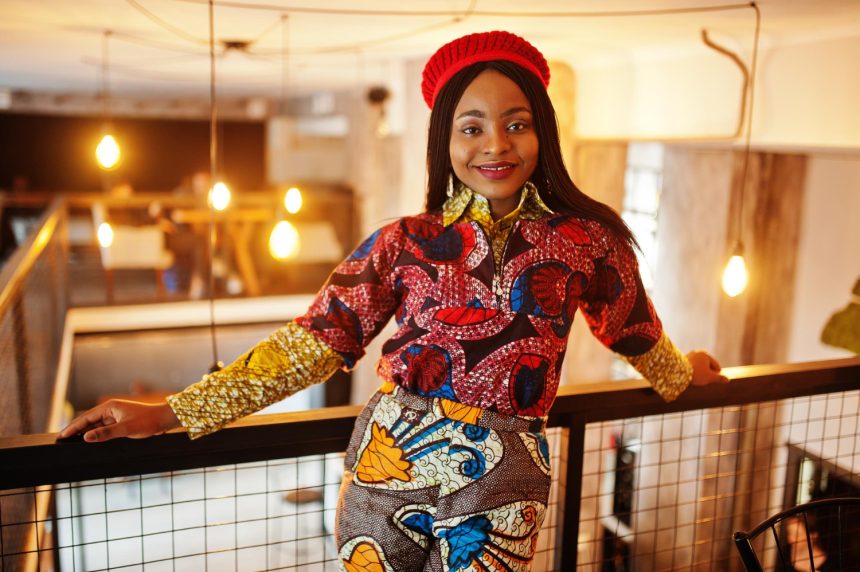African dresses have always been a source of fascination and admiration for people around the world. In 2023, the allure of these garments continues to grow, with their vibrant colors, intricate patterns, and rich cultural significance captivating fashion enthusiasts and trendsetters alike. In this article, we’ll delve into the world of African dresses, exploring their history, styles, and the enduring appeal that makes them a standout choice in contemporary fashion.
The Rich History of African Dresses
African dresses have a storied history that dates back centuries. Each region and tribe on the continent has its own unique dress traditions, reflecting the diversity of African cultures. From the flowing robes of West Africa to the colorful kitenge fabrics of East Africa, these dresses have served as more than just clothing; they have been symbols of identity, status, and heritage.
Traditional African Dress Styles
- Dashikis: Dashikis are loose-fitting, colorful garments that originated in West Africa. They are characterized by their V-shaped neckline and intricate embroidery or patterns. Dashikis are versatile and can be worn for both casual and formal occasions.
- Kaftans: Kaftans, with their loose, flowing designs and rich fabrics, are popular in North and East Africa. They offer comfort and elegance, making them suitable for a wide range of events.
- Ankara Dresses: Ankara fabric, with its bold and vibrant patterns, is a hallmark of African fashion. Ankara dresses come in various styles, from body-hugging to flowing maxi dresses, allowing for a range of fashion expressions.
- Kente Dresses: Kente cloth, originating from the Ashanti people of Ghana, is renowned for its intricate geometric patterns. Kente dresses are often worn for special occasions and celebrations.
The Modern Appeal of African Dresses
In recent years, African dresses have transcended their traditional roots and gained global recognition in the fashion industry. Designers and fashionistas worldwide have embraced African fabrics and styles, leading to a fusion of contemporary and traditional elements. Here are some reasons for their enduring appeal:
- Vibrant Colors: African dresses are known for their bold and vibrant color combinations, making them stand out in any crowd. The use of colors in African fashion allows for self-expression and creativity.
- Unique Patterns: African fabrics are adorned with unique and intricate patterns that tell stories and convey cultural meanings. These patterns add depth and character to each dress, making them distinctive and memorable.
- Cultural Significance: Wearing African dresses is a way for individuals to connect with their African heritage or show appreciation for African culture. It’s a celebration of diversity and unity.
- Versatility: African dresses come in a wide range of styles and lengths, making them suitable for various occasions, from casual outings to formal events. They can be dressed up or down, depending on the need.
Conclusion
In 2023, African dresses continue to make a powerful statement in the world of fashion. Their rich history, diverse styles, and contemporary appeal make them a wardrobe staple for those seeking unique and culturally rich attire. Whether you’re attending a wedding, a cultural festival, or simply looking to make a bold fashion statement, African dresses offer a timeless and beautiful option that reflects the beauty and diversity of the African continent. So, embrace the beauty of African dresses and make a statement that celebrates culture, history, and individuality in the world of fashion.
